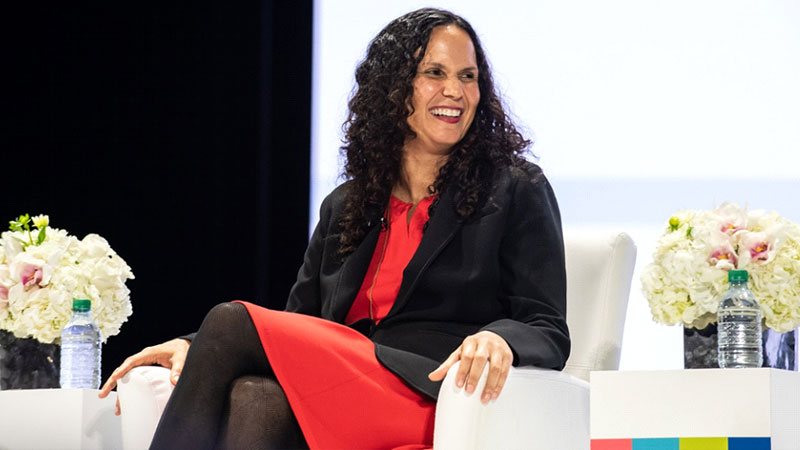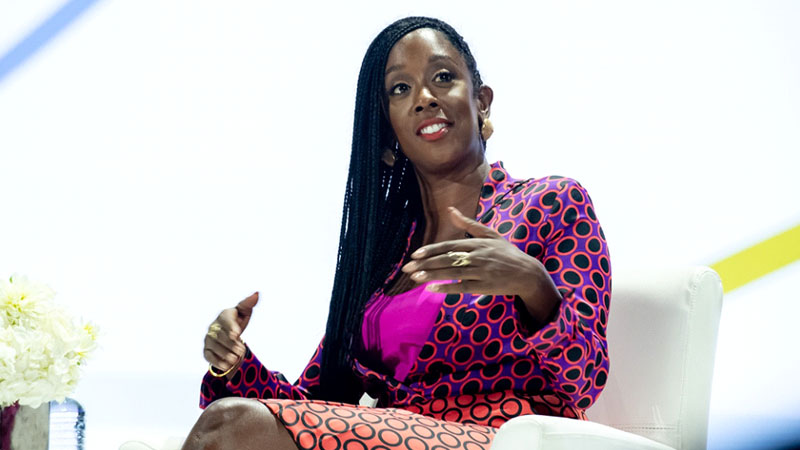That kind of desire for success and anticipation for what’s next can help women advance in their careers. Staying driven and motivated, after all, is how we push ourselves to the next level. But if we become too fixated on the next step, we may forget to enjoy the successes we’re currently having—and even give ourselves anxiety about not being successful enough. So, Bluitt said, it can be important to take stock, acknowledge your accomplishments and appreciate where you are.
“We are in a world where we are looking constantly for instant gratification. [Sometimes] what’s important is what’s happening now,” Bluitt said.
When you make mistakes (and you will), learn from them.
Lauren Lovette, a 26-year-old principal dancer and choreographer at the New York City Ballet, still remembers how ashamed she felt about a career obstacle almost 10 years ago.
“When I was 17, five to six ladies from my class all got jobs at the New York City Ballet, and I wasn’t one of them,” she said. Without a job offer, she added, she “had to come back [to school] for another year, which felt humiliating.”
Upon her return, Lovette had the opportunity to learn more about choreography—something that had a deeply positive influence on her career. And now, in addition to dancing professionally, she has choreographed two works for the New York City Ballet—a noteworthy accomplishment for a woman, given the large number of male choreographers in the world of classical ballet. In the end, returning to school wasn’t a career setback; instead, the exposure to a new creative outlet actually led to even greater success down the line.
“Now that’s such a huge part of my life and my future dreams,” Lovette said of choreography. “So I think things happen for a reason.”








